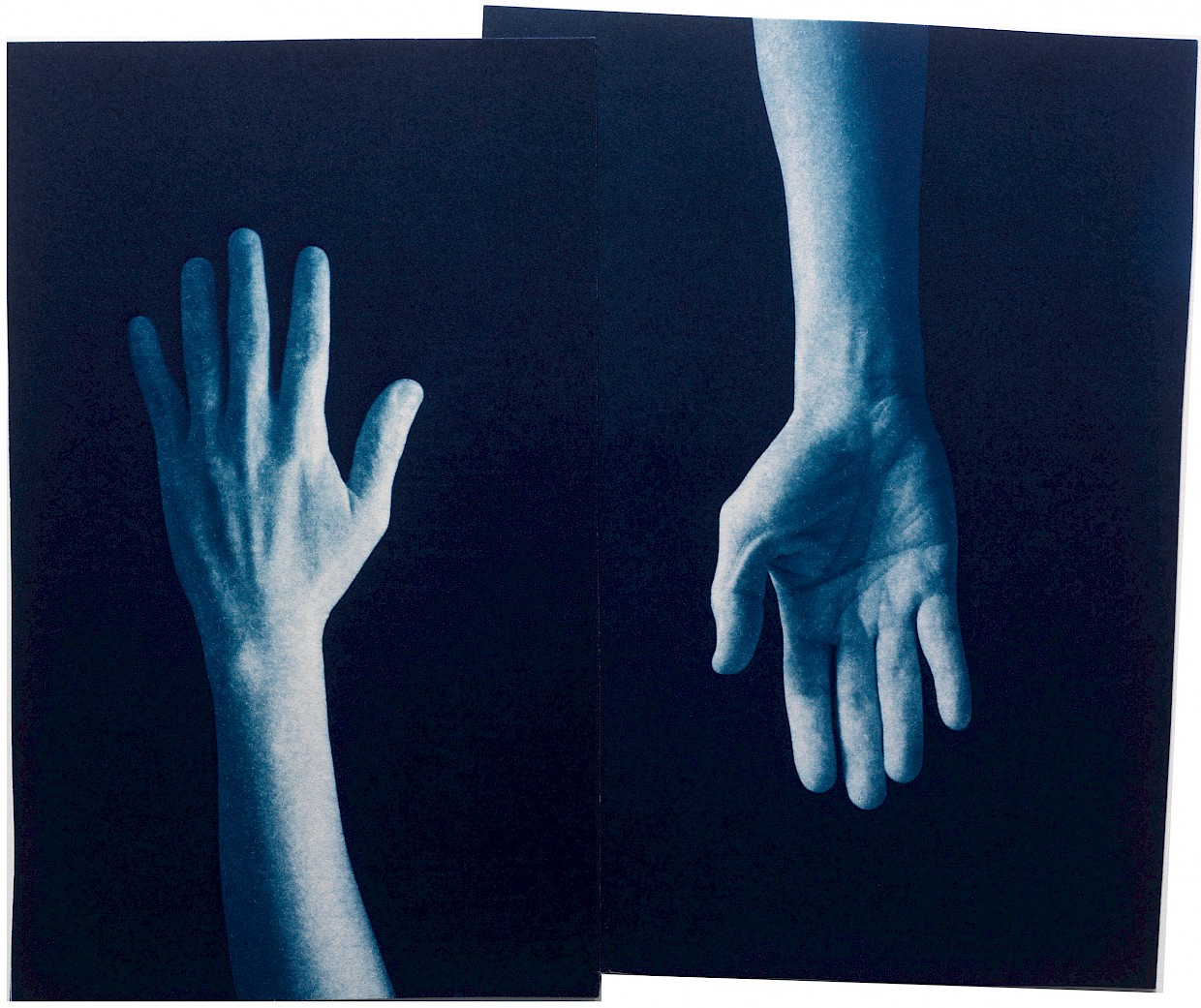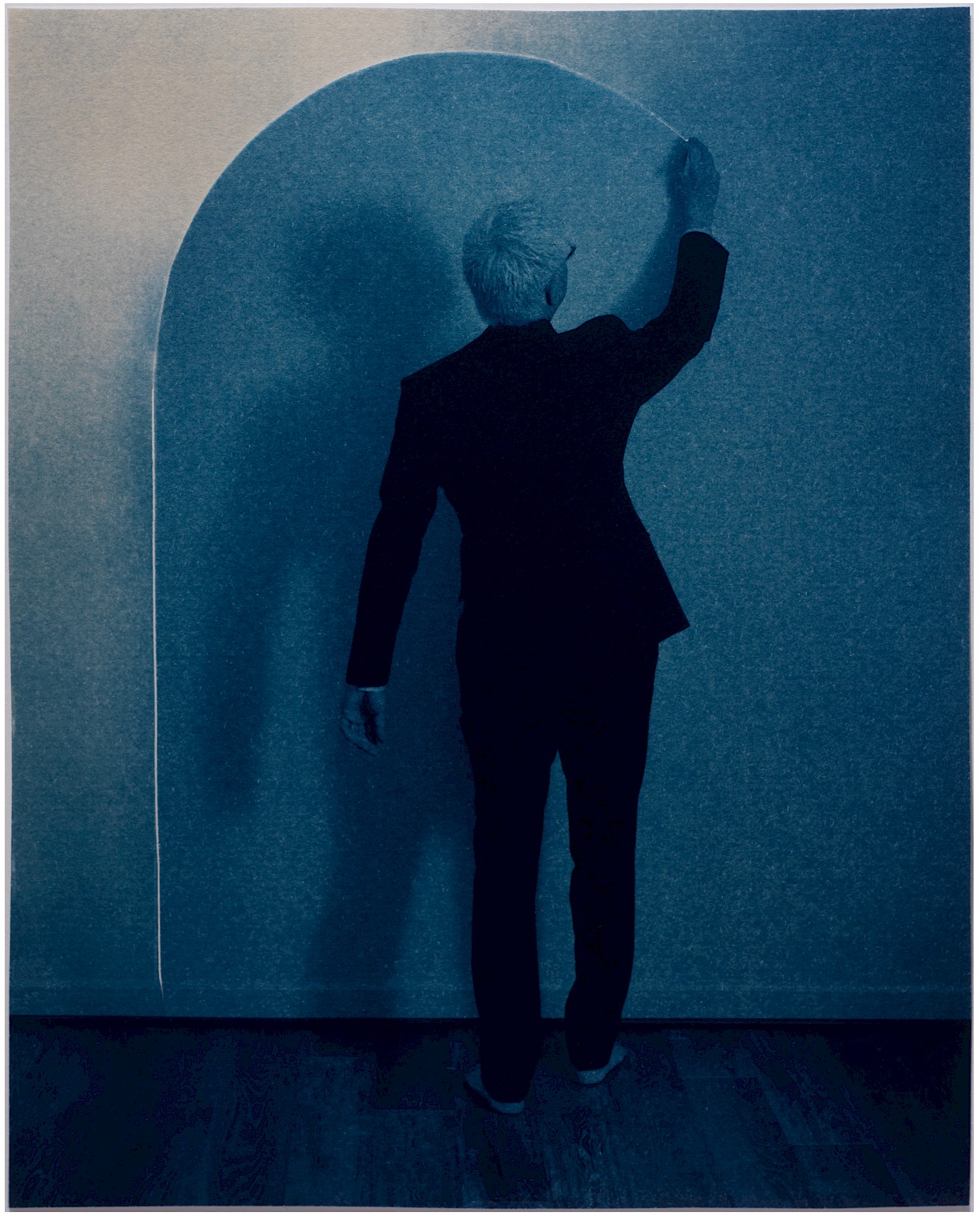Finding Meaning in the Second Half of Life by James Hollis (Part 1)
Aug 7, 2020 / The Twelve Mysteries / james hollis / book reviews

Buy a Print
or License image
A subscriber emailed me this week:
“I really appreciated your insights into Rilke, who is also a favorite of mine. The question about why we want to shut out pain and melancholy without knowing their purpose in our life seems especially apt these days of the pandemic and the political turmoil and for me personally at this point in my journey.”
I thought about this email for days afterward. I thought, “What can really come out if we let pain and melancholy work through us as Rilke suggests?”
In this article (part 1 of 2), I attempt to answer that question by referencing James Hollis’ book, Finding Meaning in the Second Half of Life: How to Finally, Really Grow Up.
Who is James Hollis?
James Hollis is a Jungian analyst, author, and most recently, the Executive Director of the Jung Society of Washington, D.C. Before training as a Jungian analyst, he was a humanities professor for 26 years. This past July, I heard him speak at a zoom seminar held by the New York Center for Jungian Studies. He is over 80 years old. He has written over 16 books and over 50 articles. Needless to say, he is an authority in Jungian analytical psychology and, therefore, a perfect guide to answering our question.
To begin, it is useful to subdivide a person’s life into two segments and look at the agenda that dominates each phase.
The Agenda in the First Half of Life
During the first half of life, we are dependent on others to survive. A newborn baby can’t even lift its head much less find food to eat. And so, we grow up following the conscious and unconscious rules of the society, religion, family, and friends that we are born into.
The first half of life is about gaining the strength to walk, run, and then fly. Carl Jung refers to the first half of life as the Athlete and the Warrior phases, and those are apt descriptions of what happens. The activities include obtaining a good education, competing for a job, and climbing the proverbial corporate ladder.
“We can see that the agenda of the first half of life is predominantly a social agenda framed as ‘How can I enter this world, separate from my parents, create relationships, career, social identity?’ Or put another way: ‘What does the world ask of me, and what resources can I muster to meet its demands?’”
─ James Hollis, Finding Meaning in the Second Half of Life, p80
The average life expectancy is currently 70-80 years old. Thus, the first half of life is roughly 35-40 years. However, due to life experiences, people may move to the second phase earlier or later than the midpoint.
The Agenda in the Second Half of Life
Then something happens: we begin to suffer. That moment could come in a heartbreaking form like divorce, illness, or the death of a loved one. Or, it could come quietly, where life slowly loses its promise: achievements feel hollow, material things don’t fulfill, and a malaise grows from within. Why does this happen?
“…In the second half of life…the questions change. ‘What does the soul ask of me?’ ‘What does it mean that I am here’ ‘Who am I apart from my roles, apart from my history?’ These questions necessarily raise a different agenda, and oblige us to ask questions of meaning. If the agenda of the first half of life is social…then the questions of the second half of life are spiritual, addressing the larger issue of meaning.
The psychology of the first half is driven by the fantasy of acquisition: gaining ego strength to deal with separation, separating from the overt domination of parents, acquiring a standing in the world, whether it be through property, relationship, or social function. But then the second half of life asks of us, and ultimately demands, relinquishment—relinquishment of identification with property, roles, status, provisional identities–and the embrace of other, inwardly confirmed values.”
─ James Hollis
This advice contradicts what we implicitly learn from society. We are told to be the best as measured by wealth, job prestige, resume length, looks, fame, and many more external points of reference. Thus, many people fail to recognize or refuse to acknowledge the shift in the agenda from social to spiritual in the second half of life.Wouldn’t it be great if we had learned this in high school so that you can recognize these stages when they happen to you? Instead, we stumble through life wondering what’s wrong with us. This is where rite of passage rituals in mythology are useful–something our modern society has largely abandoned.There should be, for example, a “second-half-of-life” birthday party at 35 years old. And just like the old rituals, make it a frightening ordeal of horror. That would wake people up. Instead, to address the pain, they work longer, buy a larger house, find a new person to marry, buy more stuff, or self-medicate. There are many ways to mask disillusionment, but none work in the long-term.

Buy a Print
or License image
Pain as a Path to Meaning
Now, we come to the possible answer to the question posed at the beginning of this article. What can come out if we let pain and melancholy work through us? The answer is that we will find meaning by:
- Recovering a Personal Authority
- Discovering a Personal Spirituality
Recovering a Personal Authority
Hollis defines personal authority in this way:
“Stated most simply it means, to find what is true for oneself and to live it in the world…Respectful of the rights and perspectives of others, personal authority is neither narcissistic nor imperialistic. It is a humble acknowledgment of what wishes to come to being through us. If the ego does not step out of the way of that energy that wishes to live through us, the energy will trample us in pathological outbreaks, or something vital within us will die, even though our bodies may keep on moving for decades. We all, privately, know this imperative summons every day, though we may flee it: find what is true for you; find the courage to live it in the world; and the world will in time come to respect you (though at first you may confuse others and scare them).”
─ James Hollis
We have seen this advice before in The One Deep Question to Ask Yourself Before the Pandemic Ends. In that article, Dr. Clarissa Pinkola Estés suggests, “Stand up and show your soul,” and Joseph Campbell adds, “Find in your own case where your life is, and be alive yourself.” Now, James Hollis advises us to “Find what is true for oneself and to live it in the world.” All three say the same thing.
Make no mistake: recovering a personal authority is not easy. If it were, the world would be in a much better place during the pandemic. If each of us did the hard work of establishing our personal authority (which has nothing to do with money, social status, or fame), how many “-isms” and “-phobias” plaguing our world would diminish? But alas, that’s wishful thinking. For here we are during the pandemic, where the phrase “Black Lives Matter” is interpreted as a threat to the income-earning potential and social standing of white people. Here we are during the pandemic, where not wearing a mask is a right, never mind the lives of other people. Here we are during the pandemic, where a congressman accosts a congresswoman on the steps of the U.S. Capitol building and calls her a “f—–g b—h.”
The Result of Recovering Personal Authority
In light of the overwhelming deluge of problems in the world, I’m more convinced that Estés and Campbell are right: you have to focus on saving oneself. By saving yourself, you save the entire world. Hollis says the same thing: recover your personal authority but respect the rights and perspectives of others.
This advice sounds self-indulgent and narcissistic, but it’s a matter of mental self-preservation. I read an article this week from psychotherapist Bradley Olson that reflects the paradoxical idea of saving yourself first:
“Appreciated this way, the modest act of self-reflection lays the groundwork for a revolution that is at first personal, but one which, some way or another, eventually radiates out to one’s friends, community, state, nation, even the entire world. That’s the type of pandemic we need, a pandemic whose symptoms are self-awareness, compassion, and communitas. A contagion that opens the mind and expands the heart, rather than one that closes the heart and suffocates the mind. With an open mind and a heartful attention we may take in the whole of life, ‘wrapped cool in its mystery and promise’ (F. Scott Fitzgerald, My Lost City), and be confident that no matter what we may face, it is right and proper and entirely suitable that we should face it.”
That is the hoped-for result of recovering personal authority.
Two Examples of Recovering a Personal Authority
What does recovering personal authority look like in a regular person’s life?
Last year, at 50 years old, I quit my secure accounting job to focus on becoming an artist. I found the courage to leave the steady income, the prestige, and the social status of that job for an unclear path. I found what was true of myself, and I’m trying to live it in the world.
Another example comes from a National Public Radio (NPR) interview I heard recently. In the middle of the pandemic lockdown, Kenneth Felts, a 90-year-old man, came out to his daughter as gay. He kept this secret for more than 60 years! He found what was true of himself, and he is trying to live it in the world. How great is that?
Going back to the question, “What can really come out if we let pain and melancholy work through us?” Apparently a lot if you let things happen!
And they don’t have to be large things either. As Julia Margaret Cameron, author of The Artist’s Way (affiliate link), says: “…we do not often need to make large changes. Large changes occur in tiny increments. It is useful to think in terms of space flight: by altering the launch trajectory very slightly, a great difference can be made over time.”
Do you have examples of Recovering Personal Authority?
Does the above article resonate? I’d love to hear your examples of personal authority and incorporate them in a future article!
In Part 2, we will cover Discovering a Personal Spirituality. Stay tuned!



